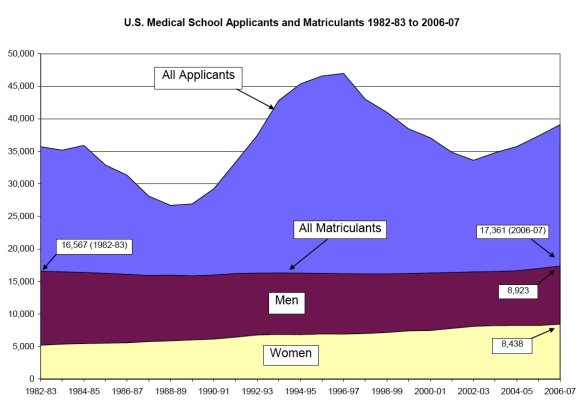Goonie
Thinks s/he gets paid by the post
The same site has lists of all other colors & creeds too, so everyone can do a little comparison shopping to see where they stand.
I never have comparison shopped in respect to financial wellbeing or status. I see no rational point to it. Each individual is different. Every life is different. Every situation is different. Just like fingerprints and snowflakes, every person is different.
I know exactly how much I earned while I was still w*rking, and I know and understand how my money was and is invested. I planned, saved, and invested all of my w*rking life to be able to retire by my 55th birthday.
I was never too concerned about what the the other guys/gals were earning, saving, or investing. Never cared much what others did, or what others had.
I've never compared myself to others....never have...never will. My life is what I've made it, just as your life is what you've made it.
I already know EXACTLY where I stand.......FIRE'd!!!


